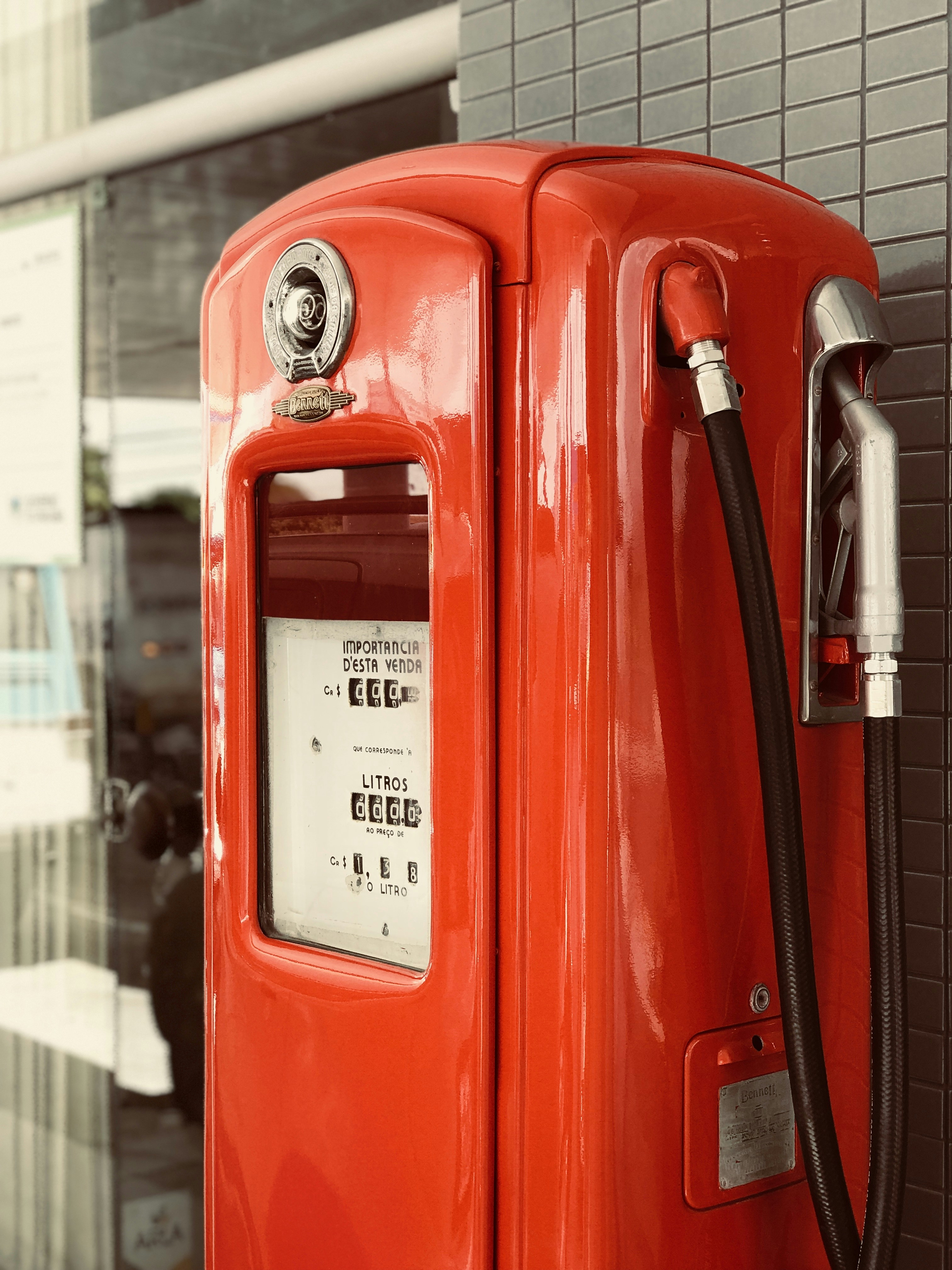If you’ve ever stared at a pile of plastic bags after a supermarket run and thought there has to be a better use for this than suffocating turtles, good news. Scientists from China and the United States have teamed up and cracked the code. They have created a single step process that turns mixed plastic waste into petrol, with a conversion efficiency of more than ninety five percent. They even managed it at room temperature and ambient pressure, the sort of conditions you would find in your living room rather than a billion-dollar refinery. (SCMP)
This is not the usual story where a lab announces something along the lines of “give us half a billion in subsidies and maybe we will make fuel in twenty years.” It is real, it is published in Science, and it is one of those rare cases of US–China collaboration that does not involve mutual accusations of spyware.
Plastic pollution has become the background noise of modern civilisation. It is in the oceans, in the fish, and in your bloodstream whether you like it or not (NIH). Normally when scientists say they are working on plastic solutions, what they mean is they have found a bacteria that chews through one type of plastic very slowly under laboratory conditions, but you should not expect to see it in your bin collection anytime soon.
This time is different. By mixing plastic with light isoalkanes, which are petroleum by products, the process spits out three useful things. The first is gasoline range hydrocarbons, which is the science way of saying actual fuel. The second is chemical feedstocks, the raw materials for making other useful products. The third is hydrochloric acid, which is handy for industry even if you probably should not tip it into your swimming pool. In other words, it is not just recycling, it is alchemy with better PR.
What makes this one unusual is that it might actually scale. It does not need exotic catalysts, reactors hotter than the sun, or Elon Musk promising it will be ready next year. Instead, it is proof that cooperation can work. American and Chinese scientists, from Columbia University and East China Normal University, sat down and solved something humanity has been failing at for decades. It turns out that if you combine chemistry with pragmatism, you can do more than invent new ways to make TikToks.
Imagine a world where every discarded Coke bottle, every takeaway fork, every bubble wrap sleeve from your last online order could be turned straight back into fuel. Cities might run their buses on the ghosts of yesterday’s Deliveroo deliveries. And somewhere along the way, the more philosophical among us will probably start asking whether a plastic coffee lid that powers a car makes us part of the supply chain.
Scaling it up will not be simple of course. There will be patents, licensing battles and the inevitable futurist in a turtleneck explaining how this will “redefine human plastic symbiosis.” But even with all of that, it is a rare case where the headline actually matches the promise.
Plastic waste has always felt like one of those problems that cannot be solved. Too big, too entrenched, and perhaps too profitable for the petrochemical industry to really want solved. This research hints at a different kind of future though, one where your empty shampoo bottle could literally fuel your commute.
And if that is not a feel good story, what is? For once science gives us a glimpse of a world that is cleaner, cleverer and just a little less ridiculous. Now if someone could invent a process to turn LinkedIn motivational posts into renewable energy, we would really be onto something.

